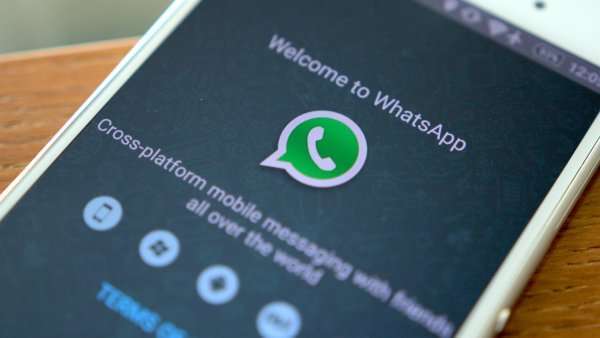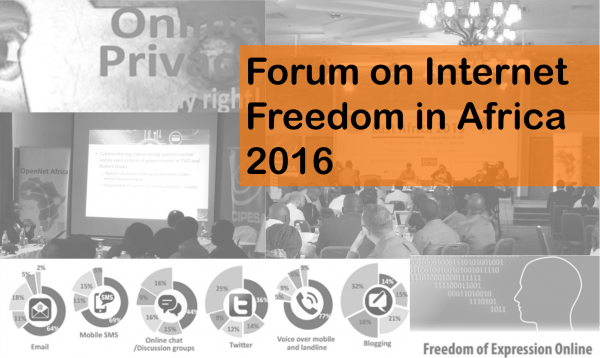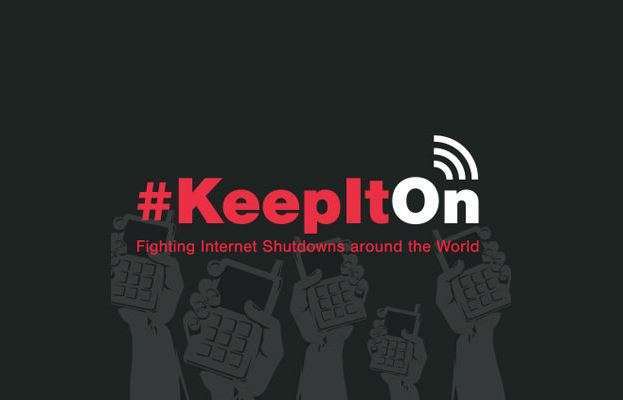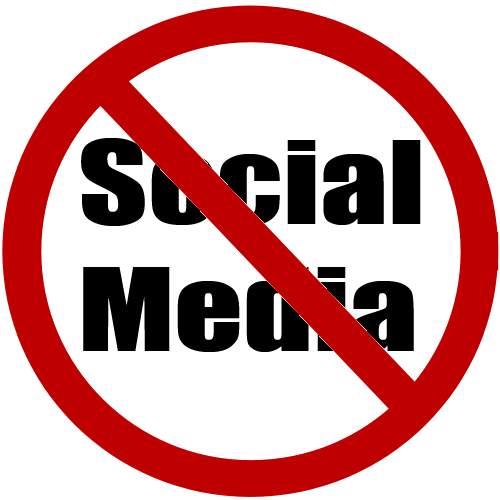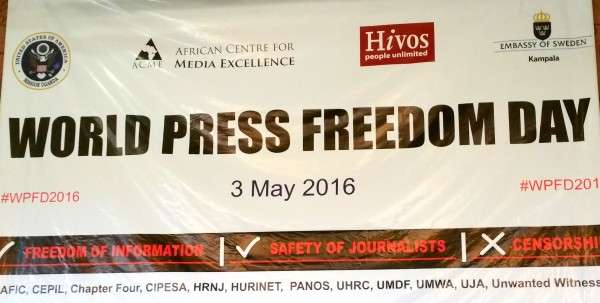By Juliet Nanfuka |
Less than a week after the United Nations (UN) Human Rights Council declared that online rights must be protected and condemned disruptions to internet access, citizens in Zimbabwe became the latest victims of online communications shut down. Authorities in Zimbabwe shut down communications in the wake of protests against rampant corruption and misuse of state funds by Robert Mugabe’s regime, which has been in power since 1980.
Online campaigns initiated by frustrated Zimbabweans using hashtags like #MugabeMustFall and #ThisFlag have gained widespread popularity over the past weeks with the most recent #ZimbabweShutdown and #ZimShutdown2016 gaining momentum while calling for citizens to stay away from work. On Wednesday July 6, many streets in the capital Harare stood empty as the stay-in protest took effect, while online, despite the blockage of the popular instant messaging platform Whatsapp, citizens continued voicing concerns and sharing messages of solidarity. Service providers such as TelOnem, Liquid Telecom Zimbabwe, ZOL Zimbabwe, Telecel and Econet were amongst those who were reportedly pressured into shutting down access, which caused users to turn to circumvention tools in order to bypass the blockage.
Zimbabwe: The Revolution Will Be Hashtagged https://t.co/ztiCfELdeT #Zimbabwe pic.twitter.com/C3pTBYR10R
— allAfrica.com (@allafrica) July 5, 2016
#Zimbabwe's communications regulator has issued this warning which is a direct threat to Digital Freedom.⤵ @SZondi pic.twitter.com/ZlxHQZzzTZ
— levi kabwato (@LeviKabwato) July 6, 2016
A notice issued by the Postal and Telecommunications Regulatory Authority of Zimbabwe (POTRAZ) stated that those who engaged in “irresponsible use of social media and telecommunications services” would be “arrested and dealt with accordingly in the national interest.”
Zimbabwe, which is ranked “partly free” by Freedom House’s Freedom on the Net report, has also over the years recorded dismal media freedom and digital rights records, including crackdown on critics and news outlets both online and offline. In April 2016, a senior government official said the country could take measures similar to China by entirely blocking access to certain content online.
In July 2014, an anonymous whistle-blower Facebook page, “Baba Jukwa”, was deleted under unclear circumstances following the arrest of a journalist for allegedly running the page. A bounty of US$300,000 had earlier reportedly been offered for revealing the name of the person behind the account, while in January 2014, a Facebook user was arrested and charged for sharing a post alleging that the president had died. These actions have cultivated a culture of self-censorship among the Zimbabwean online community.
The UN resolution, which was passed on Wednesday July 1 by 70 states, stresses that human rights enjoyed offline, particularly with regards to freedom of expression, must be protected online pursuant to articles 19 of the Universal Declaration of Human Rights and the International Covenant on Civil and Political Rights. Countries that voted against the resolution included Bolivia, Bangladesh, Burundi, Cuba, China, Russia, Ecuador, India, Indonesia, the Republic of Congo, Kenya, Russian Federation, Saudi Arabia, South Africa, Qatar, United Arab Emirates and Venezuela and Vietnam. Some countries including Algeria, Cote D’Ivoire, Ethiopia, Kyrgyzstan and Togo chose to abstain from voting on the resolution.
The Zimbabwe government’s stance on the use of social media comes as no surprise as an increasing number of shutdowns have been documented in African countries in recent months.
*Whatsapp was restored after four hours of disruption

